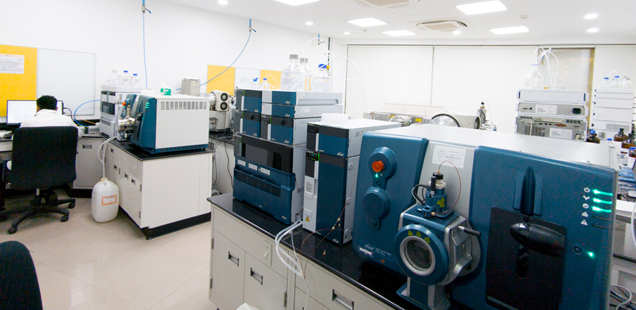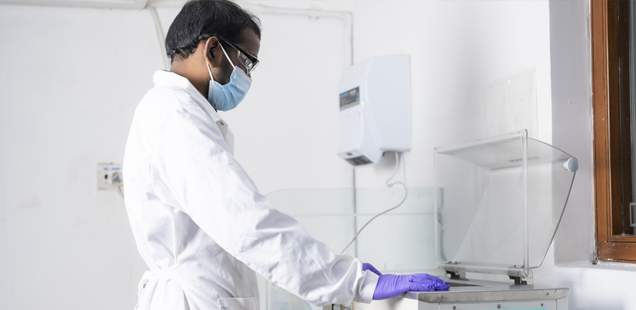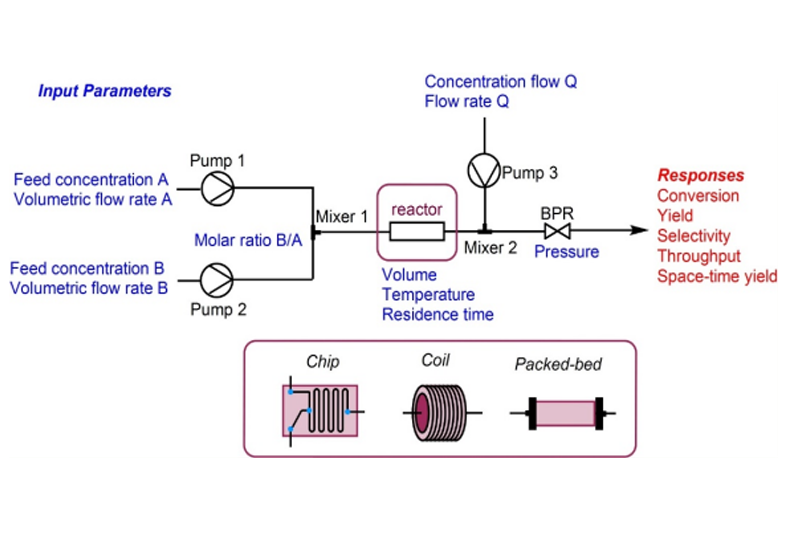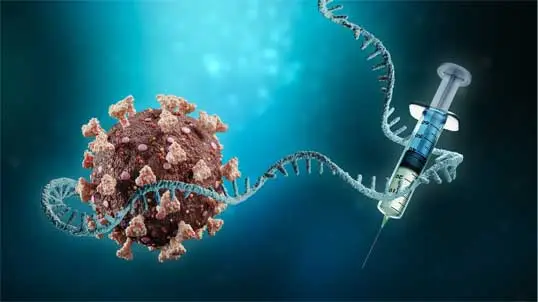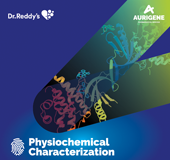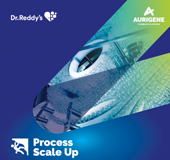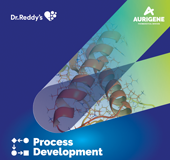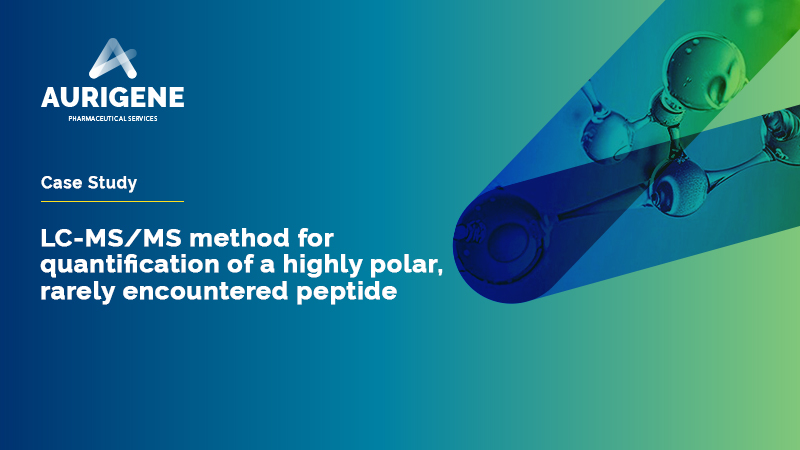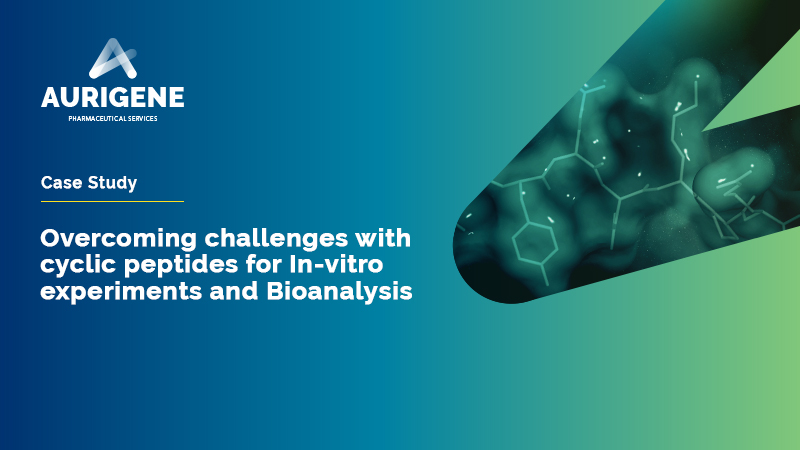
Our pharmacokinetic (PK) studies in rats, mice and dogs help in understanding the characteristics of New Chemical entities (NCEs). Our PK studies are highly efficient in predicting the exposure while determining the dosage levels and frequencies for testing in preclinical in vivo animal disease efficacy models. We conduct PK studies for small and large molecules at our state-of-the-art laboratories and vivarium. Our DMPK scientists help understand the drug's AUC, clearance, half-life, the volume of distribution, Cmax, and Cmin in the body over time.
Industry’s leading CRO for Pharmacokinetic Studies A variety of surgical animal PK models Track record of delivering 200+ GLP studies GLP accredited bioanalysis labs for PK studiesNon-GLP bioanalysis facilities for PK studiesA wide range of administration routes
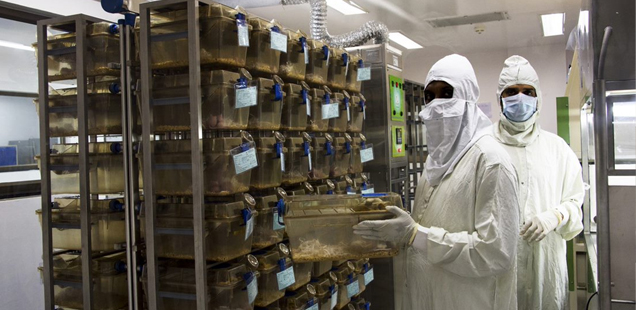
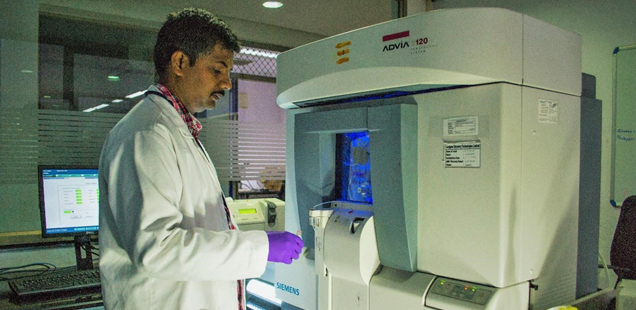

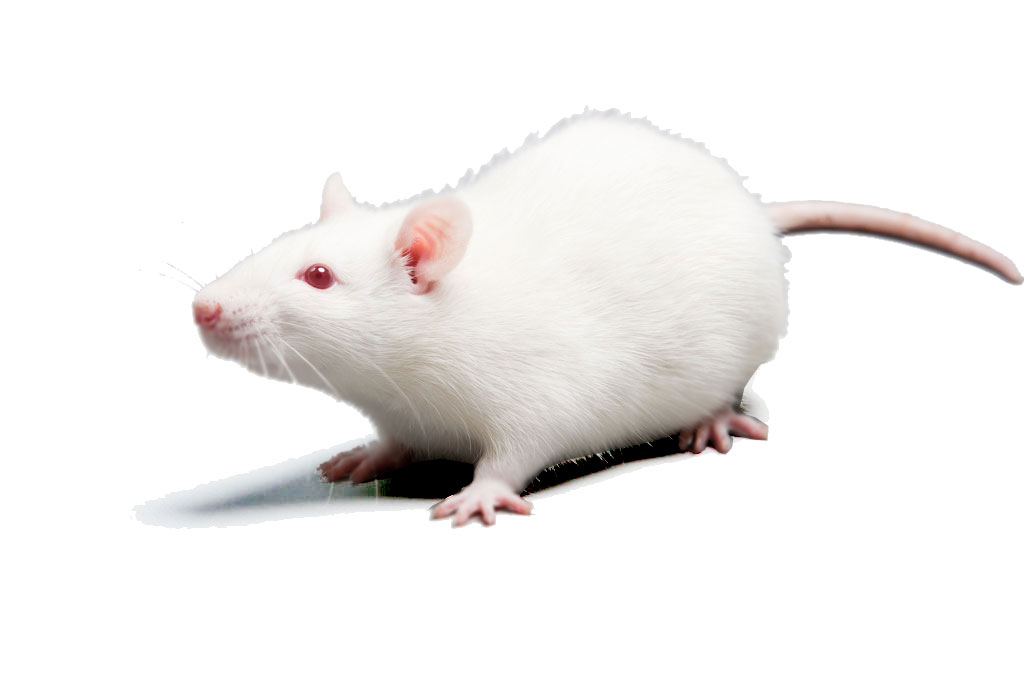
Why Aurigene Pharmaceutical Services?
Variety of surgical animal PK models
Track record of delivering 200+ GLP studies
GLP accredited bioanalysis labs for PK studies
Non-GLP bioanalysis facilities for PK studies
A wide range of administration routes
Other Services
Connect with our scientific experts for your drug discovery, development, and manufacturing needs
We understand that clear communication is essential to successful collaborations, and that's why we have a dedicated team that is always ready to help you. Whether you have questions about our services, want to discuss a potential partnership, or simply want to learn more about our company, we're here to help.
Our team of experts is dedicated to providing personalised solutions tailored to your unique needs. So, please don't hesitate to reach out to us. We look forward to hearing from you and helping you achieve your business goals.
Resources
OCTOBER 01, 2024
PROTACs: Research for a life without cancer
PROTACs: Proteolysis-targeting chimeras (PROTACs) are a rapidly evolving field with promising applications in cancer, neurodegenerative diseases, and other conditions where the regulation of protein levels is crucial. PROTACs are a novel class of small molecules designed to target specific proteins for degradation by the ubiquitin-proteasome sys...
Read More
Advancement in personalized medicine and how the CRDMO industry is part of the solution
Personalized medicine is transforming the healthcare landscape by customizing treatment plans to individual patients’ unique genetic, clinical and environmental characteristics. These are effective and less invasive treatments for a wide range of conditions. Contract Research, Development and Manufacturing Organizations (CRDMOs) play an important role...
Read More
Cell Line Development
We enable development of stable and high yielding recombinant Mammalian and Microbial lines. ...
Read More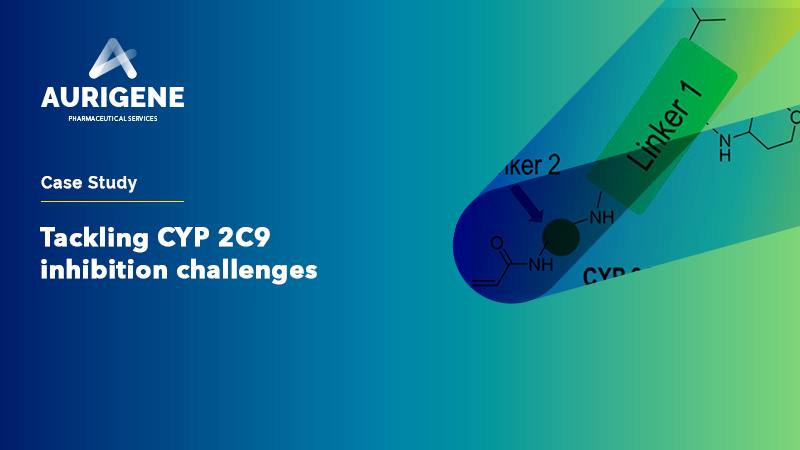
Case study: Tackling CYP 2C9 inhibition challenges
The Problem: Active compounds in a project were found to be highly potent inhibitors of CYP 2C9 The compounds selectively inhibited CYP 2C9 with IC50 values <100 nM There was no considerable inhibition of the other CYP isoforms Our Mitigation Approach: CYP 2C9 inhibition data was generated for a larger set of co...
Read MoreSynthesis of Anti-covid Drug Nirmatrelvir Using Flow Chemistry
2022
Synthesis of the anti-covid therapeutic Nirmatrelvir by using flow chemistry to enhance efficiency of amide to nitrile conversion in a functionally and Stereochemically Embellished environment. ...
Read More-
Discovery of MAP855, an Efficacious and Selective MEK1/2 Inhibitor with an ATP-Competitive Mode of Action.
2005
Mutations in MEK1/2 have been described as a resistance mechanism to BRAF/MEK inhibitor treatment. We report the discovery of a novel ATP-competitive MEK1/2 inhibitor with efficacy in wildtype (WT) and mutant MEK12 models. Starting from a HTS hit, we obtained selective, cellularly active ...
Read More -
Wang-OSO3H catalyzed green synthesis of bioactive isoindolo[2,1- a ]quinazoline-5,11–dione derivatives: An unexpected observation
2005
The sulphonic acid-functionalized Wang resin (Wang-OSO3H) was explored as a polymeric and recov- erable acidic catalyst for the synthesis of isoindolo[2,1- a ]quinazoline-5,11–dione derivatives under green conditions. Thus the Wang-OSO3H ...
Read More -
Polycyclic Aromatic Compounds: A Simple and Efficient [(n-Bu3Sn)2MO4]n Catalyzed Synthesis of Quinazolinones and Dihydroquinazolinones
2005
A novel unprecedented approach for the synthesis of various quinazolinones and dihydroquinazolinones has been using [(n-Bu3Sn)2MO4]n as a catalyst. The reaction has been screened ...
Read More
Frequently asked questions
Why is pharmacokinetics important in drug discovery?
The characteristic study of pharmacokinetics of drugs in drug development is crucial to ensure its safety and efficacy along with optimizing its ADME properties and other parameters to achieve the desired clinical efficacious candidate.
What is the purpose of pharmacokinetic studies in APSL?
Pharmacokinetic studies in APSL are carried out to assess the potency of the drug compound by examining the parameters on elimination, half-lives, and ADME properties and help scientists to design safer pre clinical and clinical trials.
What is the process followed during pharmacokinetic studies in APSL?
The standard pharmacokinetic process involves characterizing the potential drug by studying the ADME parameters. Depending upon the single or repeated dose the blood and urine samples are analyzed to determine exposure, dose levels, and preclinical testing.
What are the parameters considered during pharmacokinetic studies in APSL?
Pharmacokinetic studies in animals involve validating the necessary parameters on ADME along with clearance studies, half-life, bio availability, volume of distribution, and protein drug interactions.
What are the benefits of pharmacokinetic studies?
Pharmacokinetic study validates and ensures the safety and efficacy of drugs during pre-clinical and clinical trials by analyzing the ADME properties. It also provides data regarding drug-drug interactions and the disposition of a drug.
You are about to leave Aurigene Pharmaceutical Services and affiliates website. Aurigene Pharmaceutical Services assumes no responsibility for the information presented on the external website or any further links from such sites. These links are presented to you only as a convenience, and the inclusion of any link does not imply endorsement by Aurigene Pharmaceutical Services.
If you wish to continue to this external website, click Proceed.

Leaving already?
Don't forget to join us at
CPHI Worldwide 2023.
October 24th-26th, 2023 | Barcelona, Spain
Get ready to accelerate your drug’s journey to the market

